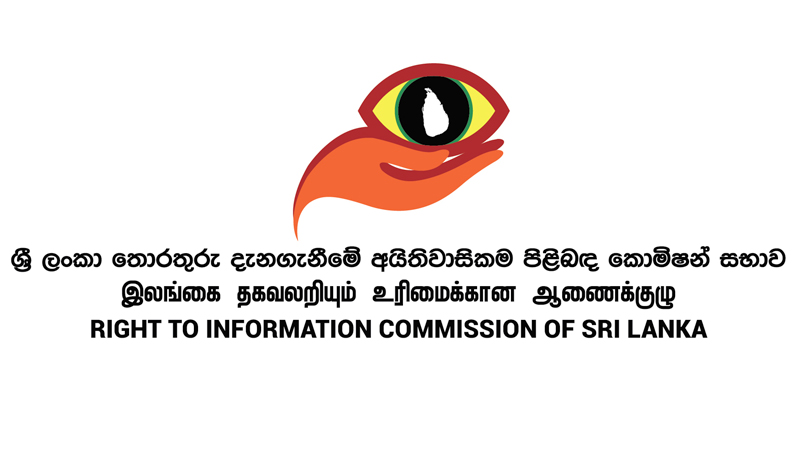
The Sri Lankan Air Force (SLAF) has faced criticism for demanding certified copies of National Identity Cards (NICs) from individuals seeking information under the Right to Information (RTI) Act, a practice that is not legally required.
The controversy surfaced when a Tamil resident from the North was told by the SLAF's RTI office to provide a certified copy of their NIC, even though they had already submitted a standard copy, which is usually sufficient.
Under the Right to Information Act No. 12 of 2016, there is no stipulation requiring applicants to submit certified NICs or any additional documents. The law aims to ensure transparency and access to information for all Sri Lankan citizens without unnecessary barriers. The SLAF's internal directive, which purportedly aims to verify the identity and citizenship of RTI applicants, has been seen by many as an unjustified bureaucratic hurdle. Critics argue that this extra requirement disproportionately affects the Tamil people of the North-East, where security forces often impose such measures, potentially as an intimidation tactic.
The officer responsible for this directive claimed it was necessary to prevent fraudulent or anonymous applications, but human rights activists and legal experts view it as a violation of the RTI law’s spirit, which emphasizes ease of access to information.
